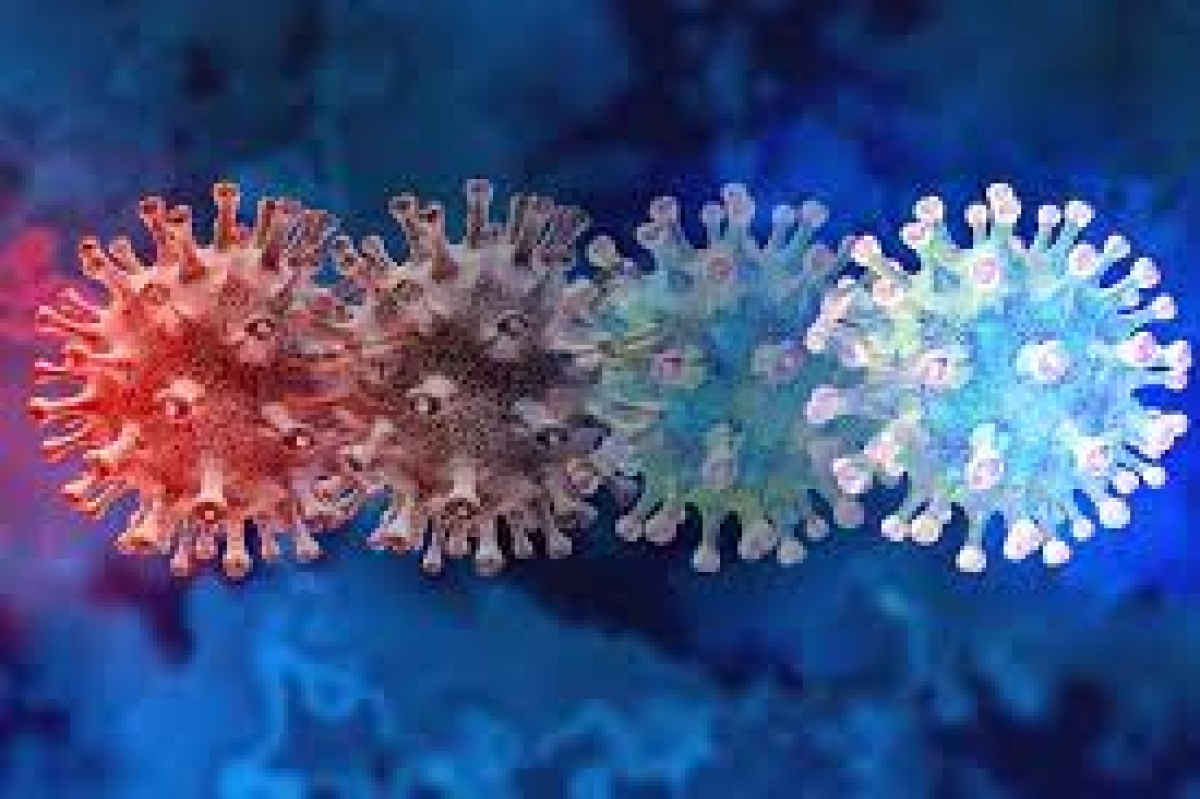The World Health Organization (WHO) has officially designated the variant JN.1 as a separate Variant of Interest (VOI), distinct from its parent lineage BA.2.86, due to its rapid spread. Previously classified as a VOI within the BA.2.86 sublineages, the reclassification comes amidst the evolving landscape of SARS-CoV-2, the virus responsible for COVID-19.
Despite the classification as a VOI, the WHO has assessed the additional global public health risk posed by JN.1 as currently low. However, with the onset of winter in the Northern Hemisphere, concerns have been raised about the potential for JN.1 to contribute to an increased burden of respiratory infections in numerous countries.
It is important to note that existing vaccines continue to provide protection against severe disease and death caused by JN.1, as well as other circulating variants of SARS-CoV-2. This reaffirms the ongoing efficacy of current vaccination efforts in the face of emerging variants.
The WHO emphasizes its commitment to monitoring the evidence surrounding variant JN.1 closely. The organization remains vigilant in updating the risk evaluation of JN.1 as needed, reflecting a dynamic and responsive approach to the evolving nature of the COVID-19 pandemic.










